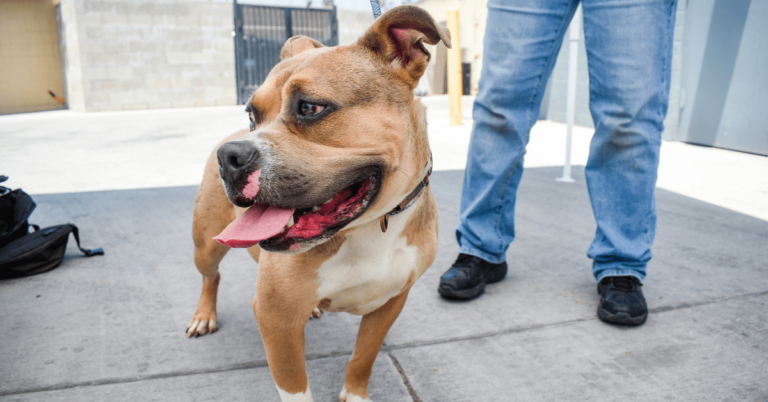Personality vs. Behavior: How Spay and Neuter Affects Your Pet


Debunking Misconceptions of Spay / Neuter Surgeries
Personality is the overall emotional makeup of your pet. It is largely influenced by genetics and socialization (nature and nurture). Behavior is a result of your pet’s personality in relation to his environment. Behaviors can be both positive and negative. In most cases, behavior can be changed, while personality can only be managed. Keeping that in mind, spaying and neutering can reduce— and in some cases eliminate— a range of negative behaviors. So is it fair to say that spay and neuter surgery may prevent or minimize unwanted behaviors while maintaining your pet’s same personality? In the majority of cases, yes!
Spaying and neutering influences behavior by eliminating the female and male sex hormones released by ovaries and testicles. Spaying stops a female from entering a heat cycle by reducing the release of estrogen. Neutering reduces the release of testosterone in males, who, unlike females, are always in heat.
Is it fair to say that spay and neuter surgery may prevent or minimize unwanted behaviors while maintaining your pet’s same personality? In the majority of cases, yes!
Common unwanted behaviors that can be minimized or eliminated with a spay surgery:
- Roaming. An intact female may run away in search of a male to mate with. This is not romantic courtship, but an instinctual behavior resulting from a heat cycle. Heat cycles happen twice a year in dogs and every one to three weeks in cats. This is when they are most sexually active and able to reproduce. Roaming puts your pet at risk of being lost, injured or killed by cars. The desire to roam can be eliminated by removing the ovaries and uterus that produce estrogen.
- Irritability. Heat cycles cause a fluctuation in hormone levels that can lead to irritability. Irritability can manifest in ways like excessive whining, restlessness, and anxiety. Spayed females do not experience these hormonal fluctuations. Your pet will likely display more consistent behavior after being spayed.
- Aggression. Females may exhibit aggressive behaviors when competing for male attention. If a female becomes pregnant, she may behave aggressively towards you or others who approach her litter. Spayed females have a reduced desire to seek out a mate, and the possibility of pregnancy is virtually eliminated.
- Frequent urination. Females may urinate during a heat cycle to attract males. Pet urine is difficult to clean completely and its presence encourages other animals to “scent post,” or urinate over the area again and again.
- Bleeding. When a female is in heat, her vulva will swell, and she will bleed. The bleeding lasts approximately two weeks. To keep blood from getting everywhere, owners can purchase special diapers that (believe it or not) most dogs don’t like to wear.
- Unwanted Attention. A male dog can smell a female dog in heat from about three miles away, and a male cat from about one mile away. Any intact male dog or cat will show up at your door if at all possible.
Common unwanted behaviors that can be minimized or eliminated with a neuter surgery:
- Roaming. Just like females, your male will go out in search of a female to mate with. A male dog can smell a female “in heat” from about three miles away, and he will make every effort to reach her. Your male pet could then be lost, injured, or even killed by a car. Neutering reduces or eliminates the risk of roaming.
- Mounting. We’ve all seen it, and some of us have even been a victim of it: inappropriate mounting! The sexually motivated mounting of people, other pets, or furniture can be reduced by neutering.
- Aggression. Males competing for female attention can cause fights or other aggressive behavior. When the desire to mate is reduced, the chances of aggression related to mating will also be reduced.
- Marking. Males want everyone to know he is present. They do this by “marking their territory” or put simply, peeing on things indoor and out. Neutering your pet will reduce and sometimes eliminate the marking behavior.
In a majority of cases, the benefits of spay and neuter include the reduction or elimination of unwanted behaviors, but it is not a quick fix to all behavior problems. In older pets, it may take a little longer to develop replacement behaviors for the undesirable behaviors they have practiced for so long.
Ultimately, your pet’s behavior is based on their individual personality, history, and physiology. Proper socialization combined with a spay or neuter surgery are key steps to helping your pet live a happy and healthy life!
The Michelson Found Animals Foundation’s mission of saving pets and enriching lives is made possible by the generous contributions of Dr. Gary Michelson and Alya Michelson.



